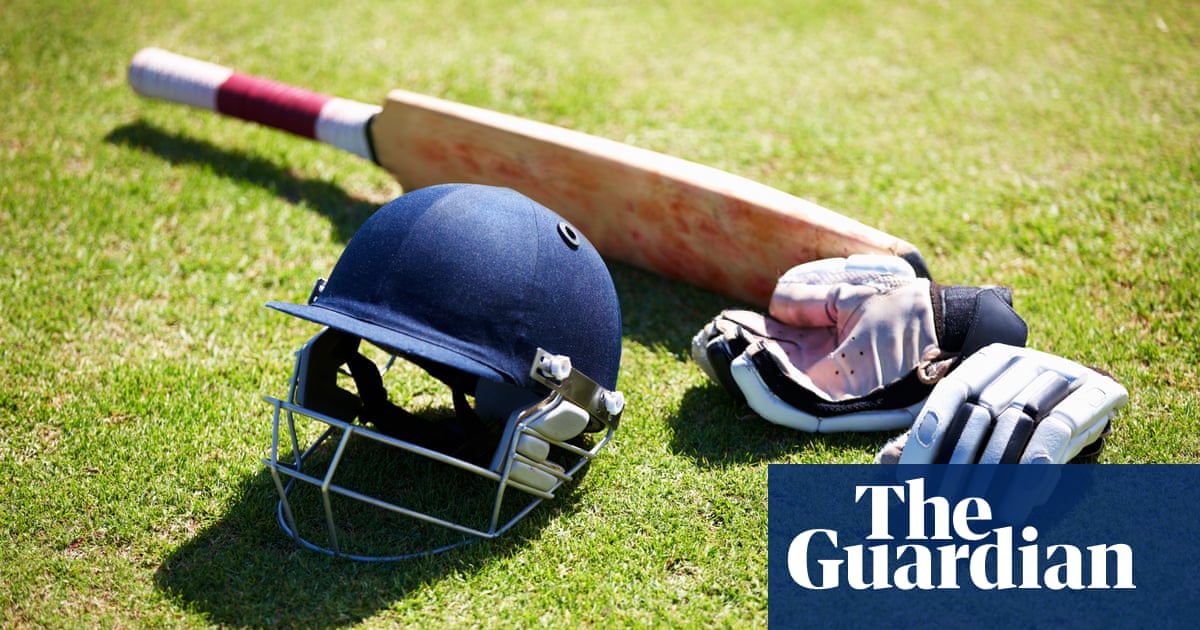The International Cricket Council has become the latest sports body to ban transgender players from the elite women’s game if they have gone through male puberty.
The ICC said it had taken the decision, following an extensive scientific review and nine-month consultation, to “protect the integrity of the international women’s game and the safety of players”.
It joins rugby union, swimming, cycling, athletics and rugby league, who have all gone down a similar path in recent years after citing concerns over fairness or safety.



But biologically, there is a lot of difference between a cisgender man and a transgender women on HRT.
You can argue that residual advantages remain, that’s reasonable. But to just talk about trans women as if they are basically just cis men is both inaccurate, and offensive.
I think you raise valid points. My counter argument to you would be this: how does the average strength/dexterity/whatever measurement of sports of cisgender woman compare to the average transsexual woman? While one transsexual woman can still be beat by many women, it could arguably be unfair that their transition put them in the top ranking of the women’s league, even if they aren’t number 1.
To be clear, that wasn’t the argument that I was making. In my comment I was only pushing back on the common tendency in these discussions to talk about transgender women as if they were simply cisgender men. People say, uncritically, things like “oh it’s common sense to ban [transgender women] because we know that men on average are faster and stronger”. But transgender women on HRT are significantly different, biologically, to cisgender men.
It’s perfectly fine to talk about advantages remaining after HRT is started, and for how long they remain. But that isn’t what is happening when people talk about transgender women as if they were cisgender men. That is completely ignoring the effects of HRT, making a proper discussion of the relevant facts impossible.
It’s also worth pointing out that, transgender women make up 0.5-1% of all women. So it shouldn’t surprise us if transgender women make up 0.5-1% of top female athletes. That’s proportional.
In reality transgender women are under-represented at the highest levels. While even singular examples of transgender athletes performing well are treated as obvious proof of advantage. That’s very lop-sided rhetoric.
The discussion around this topic is terrible, with a lot of people being quite confidently incorrect about basic empirical facts, while arguing theory.
I’m not here to argue on these points, I’ve done that enough in my life. Just stopping by to let you know that the term “transsexual” is outdated and shouldnt be used. Transgender is the proper term
Thxs from Nikki
I appreciate the correction. Though I do ask that if you say it’s outdated, you provide at least a brief explanation as to why. My understanding was that transgender was for those who identified as a different gender than their own, and transsexual were those who had medical procedures to change their physical sex.
The term transsexual came first, long time ago (I dont care to look it up rn, early 1900s i believe), as we learn more about it we came to realize that gender and sex are completely seperate mentally, hence why its frowned upon to use the term. Lots of hateful people use it knowing this.
Medical transition or not, a transgender person is who they describe, the lengths at which you go to in order to affirm this vaires (Personally I am on the fence on bottom surgery, but basically need HRT). Medical transition is only a part of being transgender, so theres no need to seperate by using the old term, as it stopped being used by us and has been largely picked up by people who think we belong in the looney bin, or just people who (understandably) dont spend all day thinking about their gender.